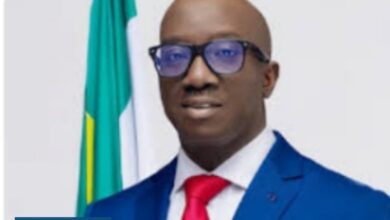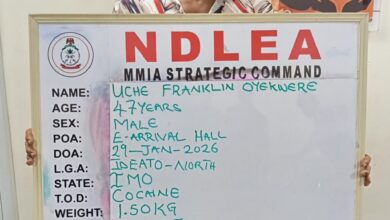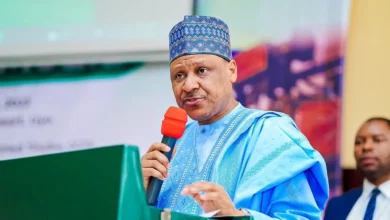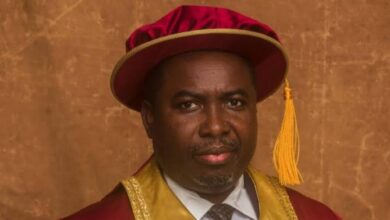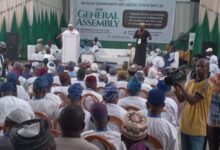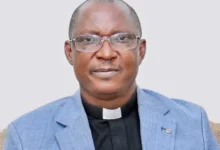Sultan worries justice becoming purchasable commodity in Nigeria
*Says system victimises the poor *As South African opposition leader cautions Africa against debt trap

By OUR REPORTER, Enugu
The Sultan of Sokoto Caliphate and President-General of the Nigeria Supreme Council for Islamic Affairs, His Eminence Alhaji Muhammad Sa’ad Abubakar, has expressed grave concerns regarding the state of justice in Nigeria, asserting that it is becoming increasingly “purchasable.”
Speaking at the opening of the 2025 Annual General Conference (AGC) of the Nigerian Bar Association (NBA) in Enugu, he highlighted that the poor are disproportionately victimized while the wealthy frequently evade accountability.
The Sultan emphasized the impact of corruption and inequality on the integrity of the judicial system, stating that, “Today, justice is increasingly becoming a purchasable commodity, and the poor are becoming victims of this kind of justice, while the rich commit all manner of crime and walk the streets scot-free.”
Sultan Sa’ad Abubakar, who praised the theme, “Stand Out and Stand Tall,” as particularly relevant to the need for lawyers to maintain ethical standards and uphold the rule of law.
He encouraged legal professionals to ensure fairness and that everyone, regardless of status, is held accountable.
He pointed out that justice is vital for social stability, urging participants to focus on critical issues such as reforming laws to reflect local values, addressing social justice, and improving access to justice amid escalating litigation costs.
“You are resolving to uphold the highest principles of the rule of law to ensure that everyone, including those in power, is subject to and accountable under the law. If we are able to do this, we would have addressed the core of the crisis of governance in this country,” he added.
He also lamented Nigeria’s recurring challenge of poor policy implementation despite having “very good policies.”
“Law and learning are inseparable. At the core of the study of law is the knowledge of value, and justice is one of those core values the law is supposed to achieve,” he told the gathering, which included South African opposition leader, Julius Malema.
Additionally, South African opposition leader Julius Malema, speaking at the event, cautioned African nations against falling into a “debt trap” due to excessive borrowing from international institutions.
He urged African leaders to regulate loans to prevent future generations from being burdened.
In his keynote address, Malema, the firebrand leader of South Africa’s Economic Freedom Fighters (EFF), warned African leaders against excessive borrowing from Bretton Woods institutions, describing such loans as a “debt trap” that mortgages the continent’s future.
“The debt trap of Africa to our foreign colonisers must be stopped, and that begins by regulating these loans that our leaders commit future generations to, because they will not be there when the colonisers come to collect,” he said.
He disclosed that the South African parliament is already considering the Public Finance Management Amendment Bill to check unregulated foreign loans, insisting t
hat Nigeria and South Africa must forge closer ties to industrialize and process Africa’s resources locally.
“Our salvation will not come from Washington, London, Brussels, or Beijing. It lies here, in Lagos and Johannesburg, in Abuja and Pretoria, in the hands of Africans who refuse to be divided,” Malema added.
Welcoming delegates, Governor Peter Mbah of Enugu State described the law as the conscience of the nation, reminding lawyers of their duty beyond the courtroom.
“The law is not just a profession; it is the conscience of the nation. We are not only courtroom advocates; we are also defenders of truth, architects of peace, and champions of equity,” Mbah said, while reiterating his administration’s commitment to justice sector reforms.
The 2025 NBA conference brought together thousands of lawyers, policymakers, and dignitaries from across Africa to deliberate on strengthening the rule of law, advancing justice, and shaping the continent’s democratic future.


